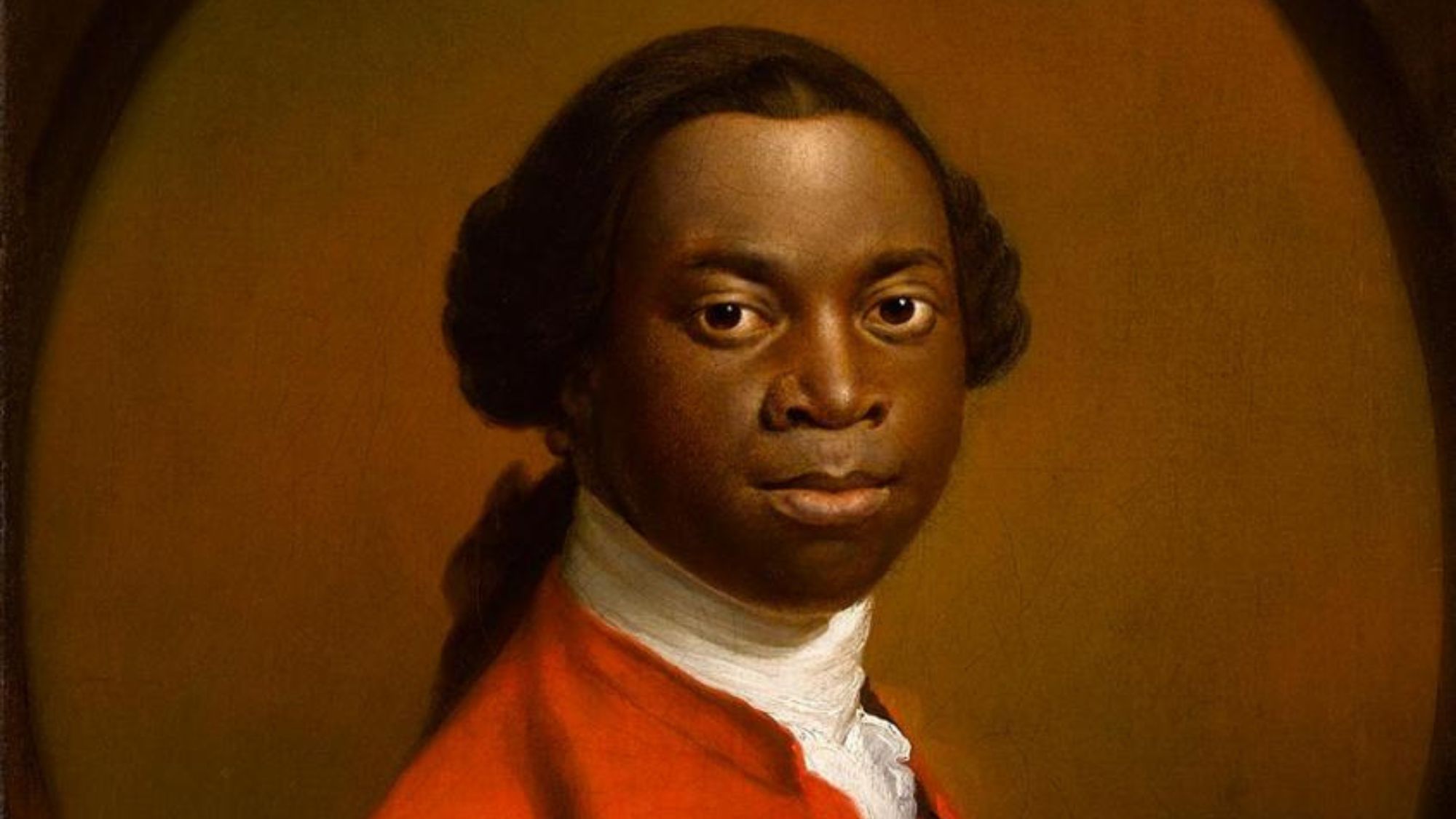Black Atlantic: Power, People, Resistance review
Fitzwilliam Museum exhibition features lives affected by the Atlantic slave trade

A free daily email with the biggest news stories of the day – and the best features from TheWeek.com
You are now subscribed
Your newsletter sign-up was successful
In recent years, we have begun to appreciate the extent to which Britain's wealth as a mercantile power was "predicated on the centuries-old rapacious plunder of millions of African people", said Colin Grant in The Guardian. Indeed, "charged traces" of slavery can be found throughout the land: "in fine art and botanical gardens, and in stately homes and museums".
One such is Cambridge's Fitzwilliam Museum, founded in 1816 by Richard Fitzwilliam, whose fortune derived in part from the Atlantic slave trade. The museum's new exhibition is a "bold" attempt to tackle this legacy head-on, gathering together 120 objects with connections to slavery, from collections in Cambridge and beyond, including paintings, sculptures and artefacts. Highlights include "Portrait of an African Man" (c.1525-1530) by Jan Mostaert, thought to be the earliest portrait of a black person in European art, and an "elegant" English 18th century portrait of an unknown man. It's an "innovative" exhibition that explores how "racial enslavement became normalised" in northern Europe. Frans Post's bucolic "A Sugar Mill" (1650), for instance, renders a Dutch slave plantation "idyllic" and "harmonious".
Around 12 million Africans were enslaved by the Atlantic trade, said Tomiwa Owolade in The Times. The exhibition features many fascinating "portals" to the "largely obscure" lives of those affected. You can see the gold weights once used by the Akan people of west Africa to measure their currency; and wooden sculptures illustrating the "customs and cultures" of Caribbean communities. More "striking" still are paintings of various Dutch masters collected by the family of the Fitzwilliam's founders, notably Dirk Valkenburg's "vivid, textured" depiction of enslaved men, women and children at a "ritual slave party" in 18th century Suriname. Unfortunately, however, the show frequently undermines its successes with a "jarring didacticism" over issues of race and empire. As a result, it often feels more like a lecture, and less like an art exhibition.
The Week
Escape your echo chamber. Get the facts behind the news, plus analysis from multiple perspectives.

Sign up for The Week's Free Newsletters
From our morning news briefing to a weekly Good News Newsletter, get the best of The Week delivered directly to your inbox.
From our morning news briefing to a weekly Good News Newsletter, get the best of The Week delivered directly to your inbox.
The show is "impeccably researched" and "well intentioned", said Alastair Sooke in The Daily Telegraph. But you frequently wonder what certain exhibits are doing here. The inclusion of a portrait produced by Rembrandt's studio, depicting a man wearing a breastplate, is justified by the fact that the wooden boards on which it was painted "came from a Dutch colony in Brazil". Elsewhere, a pair of "tortoiseshell tongs" used to "pick up lumps of sugar" makes the cut on account of that commodity's "murderous" connotations.
Slavery was of course "abhorrent", and it is "important to acknowledge past wrongs". Yet exhibitions focusing on the slave trade have almost become a "default mode for our museums and galleries". Consequently, this show is rather less daring, and rather less interesting, than it wants to be.
Fitzwilliam Museum, Cambridge (01223-332900; fitzmuseum.cam.ac.uk). Until 7 January 2024
A free daily email with the biggest news stories of the day – and the best features from TheWeek.com